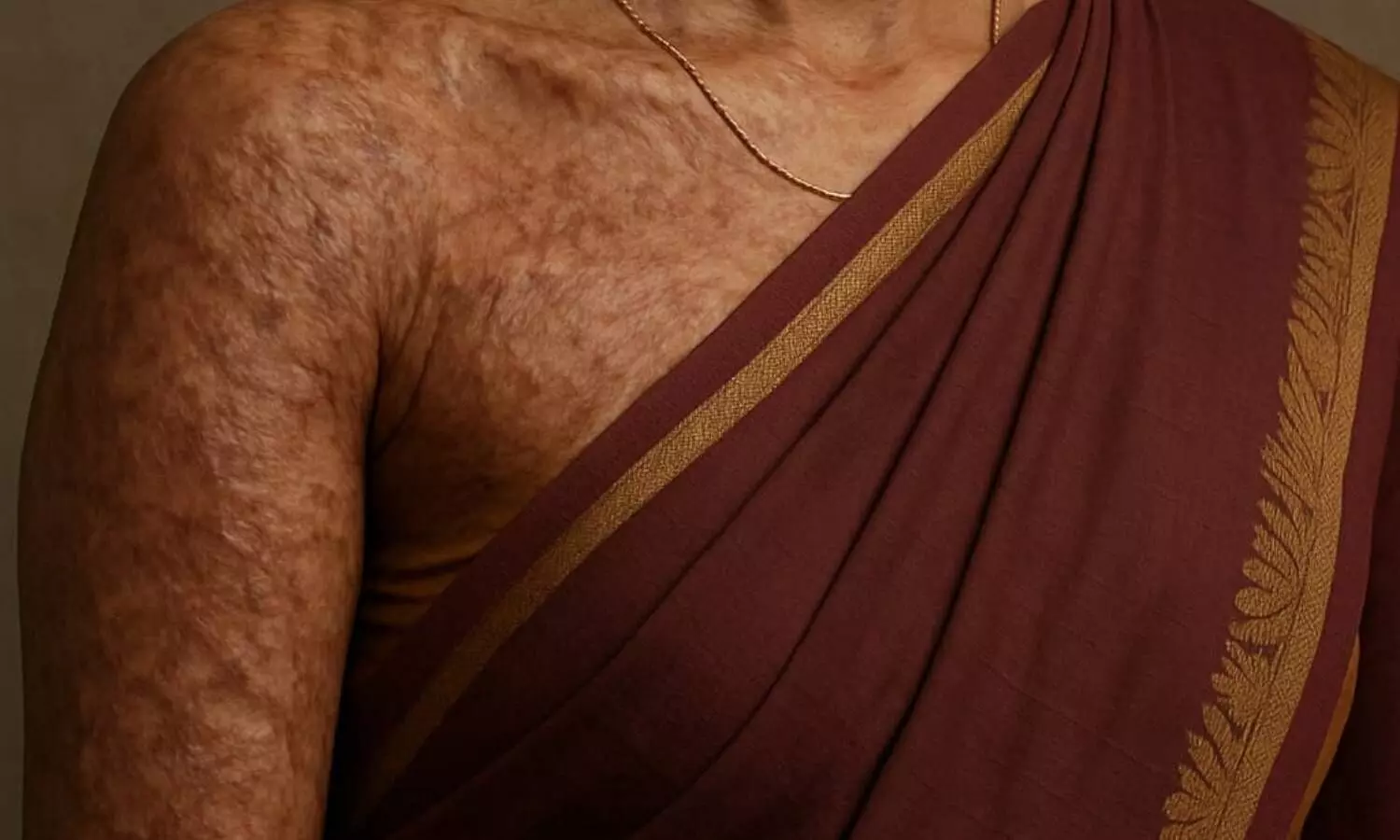Study Highlights Need for Mental Health Support in Hospitals for Burn Survivors to Deal with Stigma

New Delhi: A recent study has stressed the importance of mental health support for burn survivors, who often face stigma and discrimination in hospitals and healthcare settings. While medical care has improved survival rates, many patients continue to experience neglect and poor treatment due to systemic issues.
The study, conducted in Uttar Pradesh, found that institutional neglect, lack of resources, overworked staff, and broader systemic failures contribute to low quality and discriminatory care. This has a deep emotional, physical, and psychological impact, particularly on patients with visible disfigurements, disabilities, or from underprivileged backgrounds.
“Burn survivors, particularly women and poor people receive blame and isolation and face neglect in hospitals. At the same time, overworked and under-supported healthcare staff struggle with burnout, which can lead to unintentional but harmful behaviour towards patients,” said Pratishtha Singh from The George Institute for Global Health.
“Addressing both patient experiences and system challenges is key to building compassionate and fair burn care,” Singh added.
Burn injuries are a major public health concern, causing about 180,000 deaths globally each year, with the highest burden in low- and middle-income countries. India accounts for a significant share, with an estimated 2.1 million burn injuries, 25,000 deaths, and over 1.4 million disability-adjusted life years (DALYs) annually.
The findings, published in the peer-reviewed journal Burns, include several policy and practice recommendations aimed at improving care for burn patients. These include structured training and counselling for healthcare providers on stigma, patient-centred care, and mental health support. The study also calls for updates to medical and nursing education to better cover burn recovery.
The researchers suggest improving hospital-based support services such as mental health care and rehabilitation, particularly in public hospitals. They also recommend implementing anti-discrimination policies through collaboration with government departments, legal services, and civil society.
The study highlights the need to improve both the healthcare system and social attitudes to ensure fair and compassionate treatment for burn survivors.
(With inputs from IANS)


